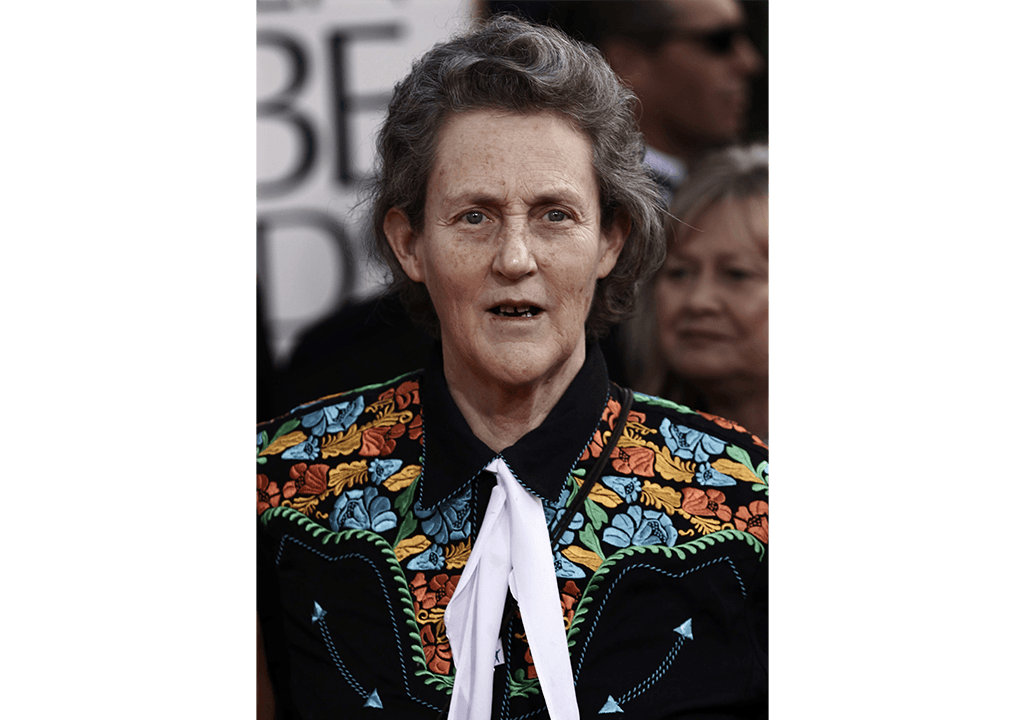REGINA—Animal-behaviour expert Temple Grandin says cattle handling has improved and that message needs to be better shared with consumers.
Grandin told the Saskatchewan Stock Growers Association’s annual meeting on June 13 that it makes her angry when people don’t know anything “about a lot of the good stuff we’re doing.”
“I’ve worked all my life to improve slaughter plants,” she said after her speech.
“The ‘80s and the ’90s were horrible. It was horrible back in the bad old days, absolutely horrible, and now things are so much better. People don’t know about it.”
Grandin, a professor of animal science at Colorado State University, specializes in calm, low-stress environments. She teaches courses on animal behaviour and consults with the livestock industry on facility design, livestock handling, and animal welfare.
Grandin wouldn’t talk specifically about standards in Canada, but she noted that there is a code of practice which she calls “a baseline standard” for producers to follow.
Standards need to be clear and measurable, she said. “We’ve got to get away from all the vague wording like ‘adequate space, handle them properly, just keep cattle clean.’ I don’t know what that means.”





